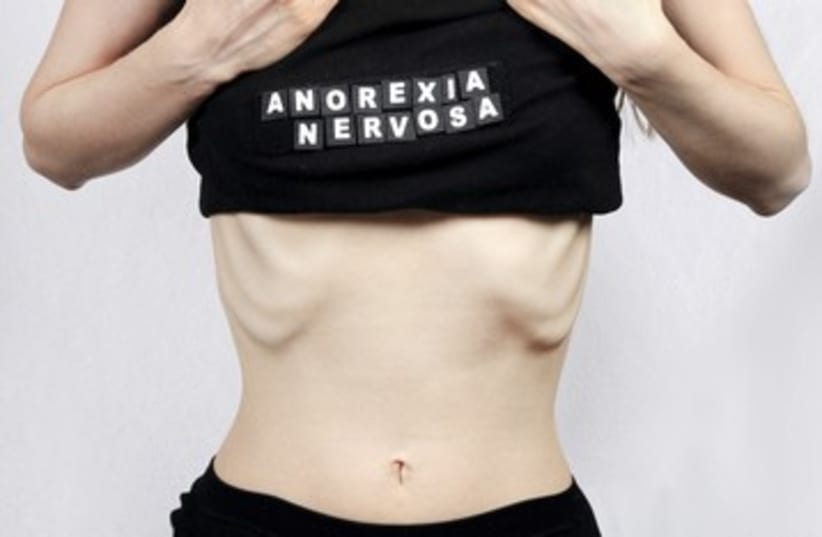ethics-at-work@besr.org Asher Meir is research director at the Business Ethics Center of Jerusalem, an independent institute in the Jerusalem College of Technology (Machon Lev).
Law against emaciated models daunts the gaunt
ETHICS @ WORK: The ethical considerations surrounding such a law are quite involved.

ethics-at-work@besr.org Asher Meir is research director at the Business Ethics Center of Jerusalem, an independent institute in the Jerusalem College of Technology (Machon Lev).